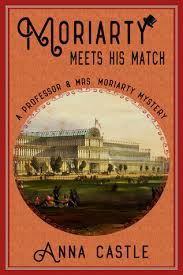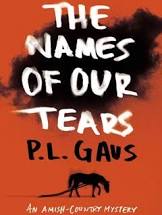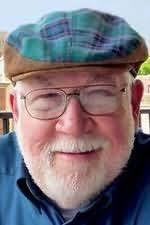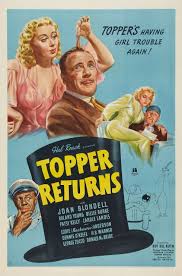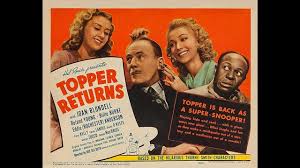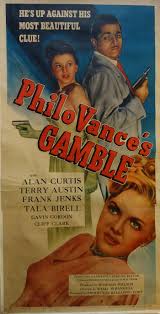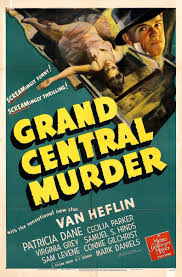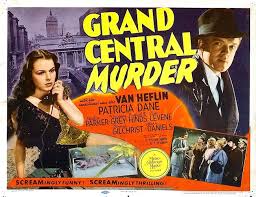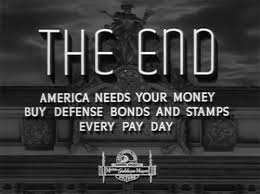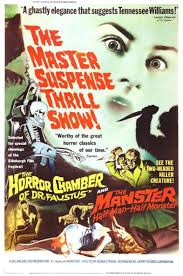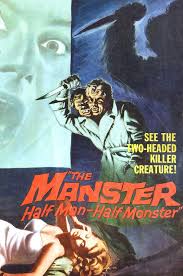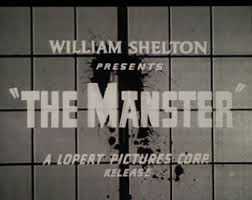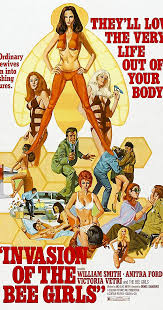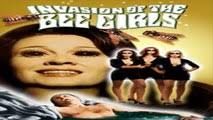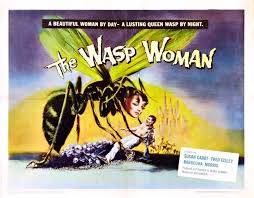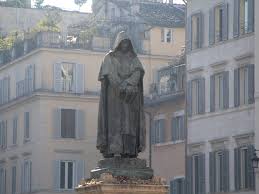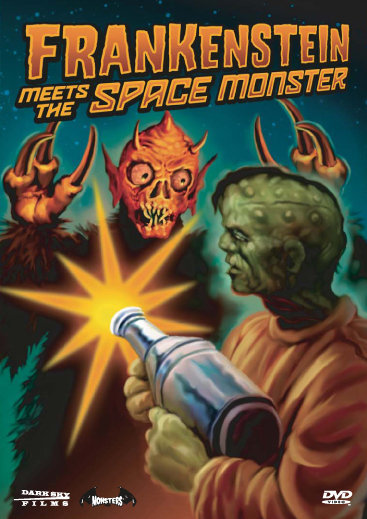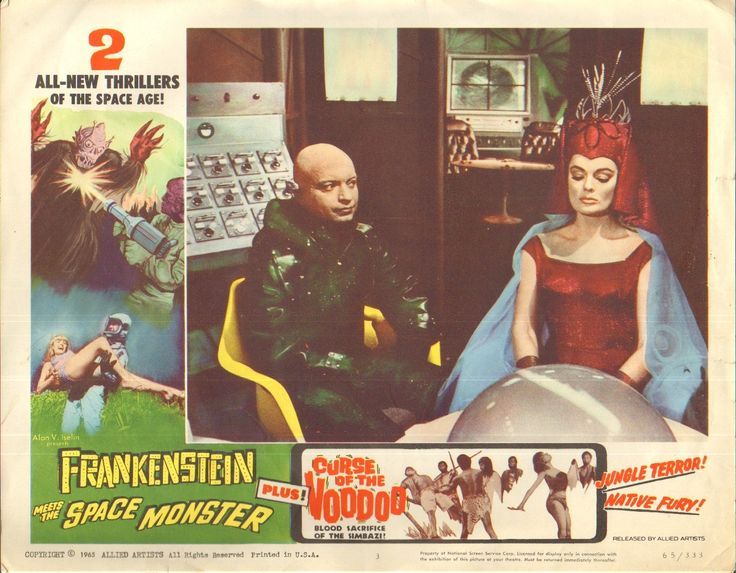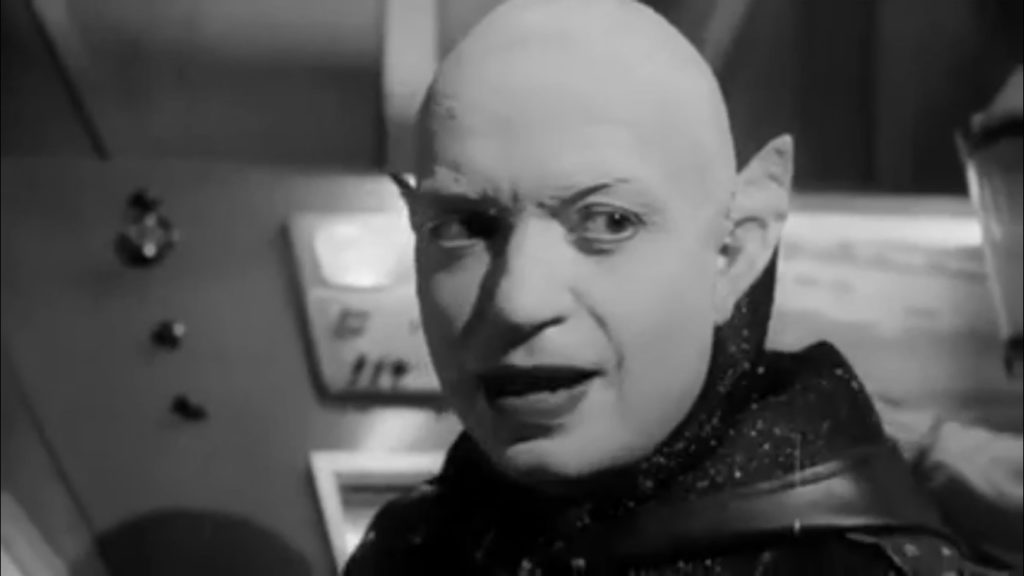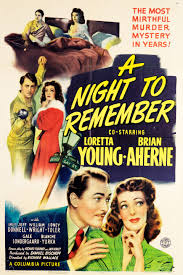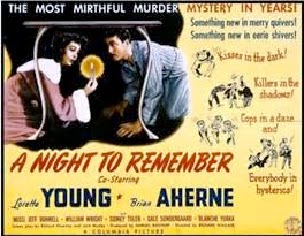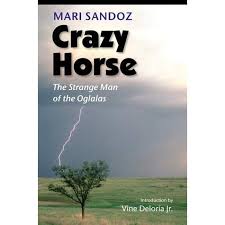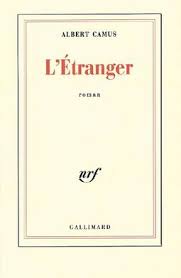Moriarty Meets His Match (2016) by Anna Castle
GoodReads meta-data is 303 pages, rated 3.97 by 452 litizens.
Genre: chick krimi
Verdict: Well, I nivver!
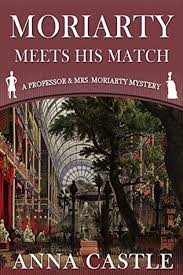
James Moriarty is in his cups, having lost his job as a professor of mathematics at Durham University, he now works at a patent office in the Big Smoke. He had clashed with Lord Professor God at a scientific society meeting, and Lord Professor God set about ruining Moriarty by starting rumours of homosexuality.
When Lord Professor God is about to demonstrate his latest invention, Morrie goes to watch. There is plenty to see because it goes BOOM, killing the chairman of board, a man whom no one mourns, and injuring others. Was this by accident or design? In the confusion after the kaboom, Morrie meets Scrumptious, and can seldom think of anything else thereafter. She has earls, lords, dukes, and sirs in pursuit but finds them all to be pretentious airheads. They must be if a chrome-dome, unemployed professor looks good to her.
Since Morrie had a history with Lord God, Plod settles on him as the culprit in the blow-up, and to clear himself he must investigate. With this familiar trope on the table, proceedings begin. By planning and by chance his path frequently crosses that of Scrumptious, and also that of an annoying prat called Sherlock Holmes who works with Plod to fit up Morrie for the crime he did not commit.
Only when other murders occur related to the first (though quite how escaped this reader) does Plod release Morrie so he can pursue Scrumptious again. In time he learns that she has own agenda, and a team at work on it.
These lovers are star-crossed but as the subtitle indicates, all’s well that ends well. (I omitted the subtitle above to suck the reader in. Did it work?)
Moriarty is a victim here and is clever enough to find his way out of the trap with the help of Scrumptious. Holmes is an annoying blow-fly with his amanuensis Watson in tow.
There is much about how Scrumptious and Morrie misunderstand each other. Much. Maybe too much hence the label above ‘chick krimi.’ That is relieved by a great deal of to’ing and fro’ing. Again maybe too much. There are so many incidents that this reader got the feeling that they inserted because the author thought of them, and not because they added anything to plot or character.

Quibbling aside, it moves right along with a varied and interesting cast of characters, and it is plain that Morrie is Scrumptious whipped. He has no will of his own where she is concerned. It is first in a series and I expect to read another.

